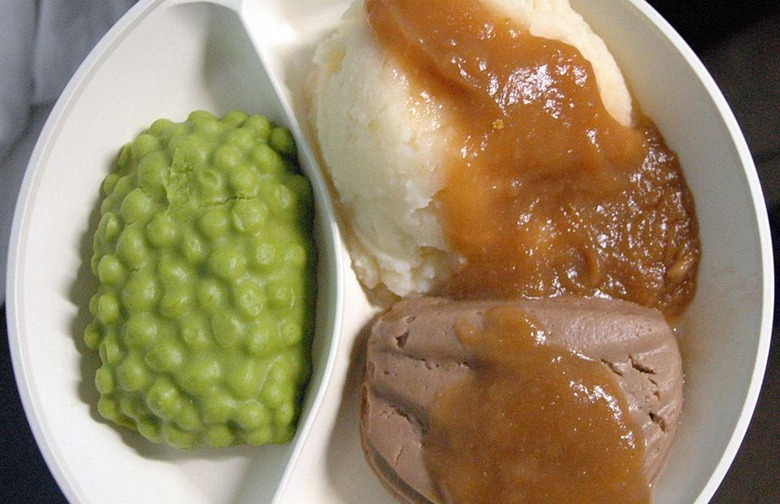Administrators Eat Hospital Food, Demand Menu Changes
A growing concern in the health community is the appalling unhealthiness of hospital food. It's understandable for food served to inpatients to be far from gourmet, but there should at least be a semblance of nutrition to the cuisine. The consumers are, after all, sick and recovering patients.
The most common cause of hospitalization in the US is related to heart health. Since heart health is directly linked to diet and nutrition, it makes sense for hospital food to be healthy. But Karen Smith, registered dietician at Barnard Medical Center in Washington D.C., noted, "We hear time and again of somebody going to the hospital for a heart attack and the next day they're served bacon and eggs for breakfast."
Indeed, most North American hospitals continue to ignore nutrition when planning its menus. A study from last year found that, out of 84 Canadian hospital menus reviewed, not a single one consistently met standards outlined by Canada's Food Guide.
However, the Ottawa Hospital has vowed to improve its food. After eating the same food as the patients for a week, the director of food services said that he was "confident" the food was nutritious, but sure didn't taste like it.
One way for hospitals to help its patients receive nutritious food is to get rid of fast food options. Many hospitals have options akin to McDonald's on the premises; the idea of having a Big Mac after open heart surgery is equal parts absurd and reality.
However, Smith argued, the problem will persist until doctors working in hospitals quit junk food themselves: "You need to have physicians being the leaders in this." Until then, Smith said, change will continue slowly.
